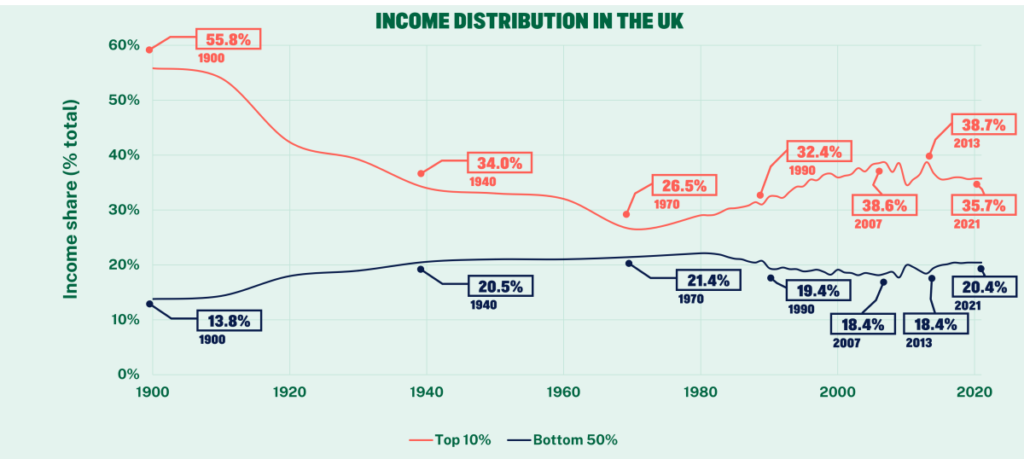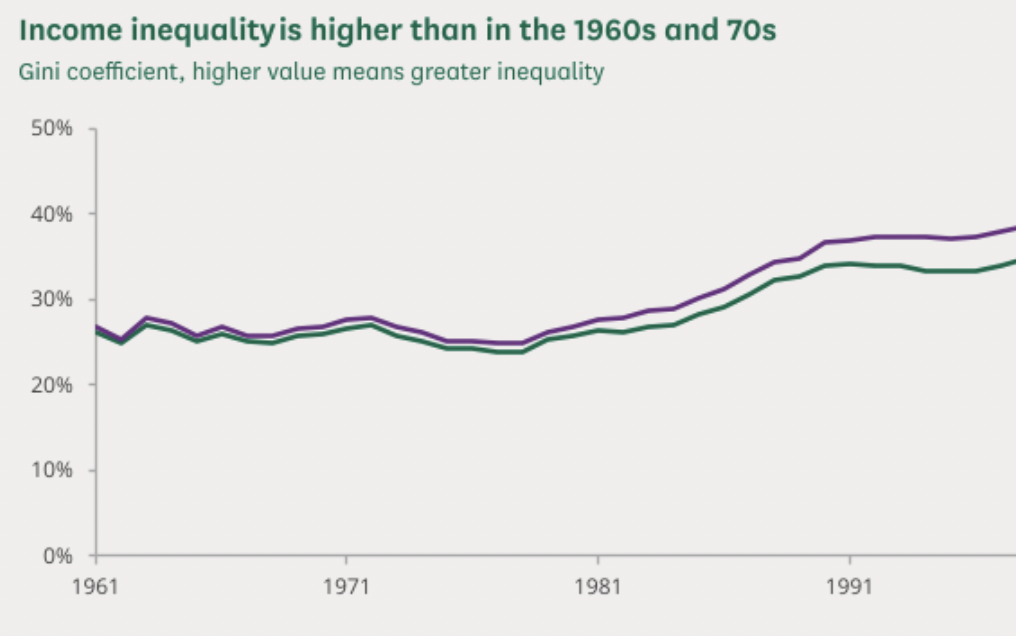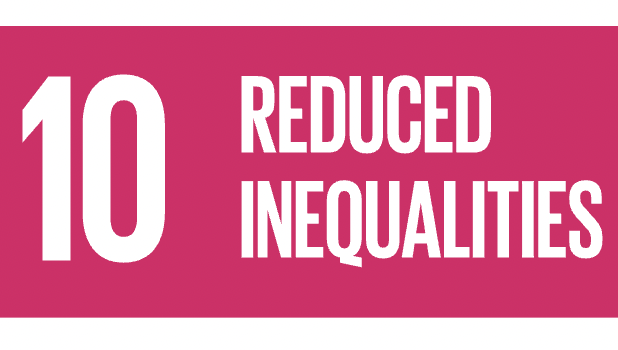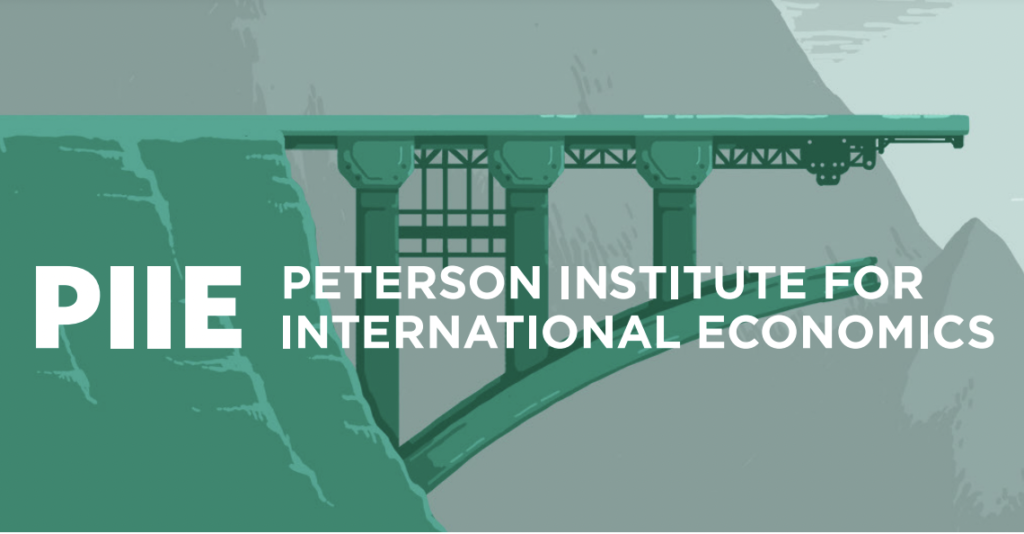Reducing Inequality
Introducing the Issue
Disparity is widening around the world between those enjoying the highest levels of income and the poor. Inequality is linked to economic instability, financial crisis, debt and inflation, barriers to social mobility, less educational attainment, higher crime rates, poor mental health, obesity, infant mortality, and to the reduction of happiness, trust and civic participation.
Is your company helping to Reduce Inequality?
What is your company’s current exposure to and response to reducing inequality? Have you developed policies or practices? Have you simply taken a position? Perhaps this isn’t an issue that you need to worry about right now. We’ve developed benchmarks that attempt to define Poor, Okay, Good and Excellent company performance standards on reducing inequality.
You are invited to assess your business against these benchmarks, for free and without obligation.
Reducing Inequality
Follow this link to:
1 – choose your score
2 – add a few lines by way of explanation to describe your policies and practices
3 – enter your email address so that we can get back to you
4 – submit
Nothing you submit will be published or shared.
Exploring the Issue
There is a wide range of common practices through which businesses can exacerbate or reduce inequality which ranges from evaluating executive pay to the terms of payment they set for their suppliers.
Reducing inequality is a priority global issue for the World Economic Forum. The United Nations includes the reduction of inequality as one of its 17 Sustainable Development Goals, which you can find in the Links, News & Further Resources section at the bottom of this web page.
The share of the global population defined as ‘poor’ — those making less than $2/day — has fallen since 2001 by nearly half, to 15%. Notably, those in the middle-income bracket making between $10 and $20/day have nearly doubled their global presence, from 7 to 13 per cent. However, after falling for much of the 20th century, inequality is worsening in rich countries today. The top one per cent is not only capturing larger shares of national income, but tax rates on the highest incomes have also dropped.
Inequality is an issue at all levels of society: local, national, and global. Despite being two of the world’s richest countries, the United States and the United Kingdom have some of the highest levels of inequality in industrialised nations.
The OECD notes that high inequality makes for a less efficient and productive economy, and it has used this fundamental starting point for a variety of its studies. The IMF also finds that countries with greater inequality tend to be ‘marked by lower growth and greater instability’.
In the UK today, the top 1% have incomes significantly higher than the rest of those in the top 10%, and the top fifth has 40% of the total income. Wealth is even more unequally divided than income. The richest 10% of households hold 45% of all wealth. The poorest 50%, by contrast, own just 8.7%.
Inequality is a football kicked by all sides in politics and culture wars; e.g. in 2022, the UK has endured some of the most extensive rail strikes for generations. The government and rail bosses are accusing the workers of being greedy and blackmailing the public. In return, those taking industrial action make accusations of hypocrisy, which are supported by revelations that rail firms paid shareholders £800m before asking workers to take a wage cut. And CEOs of the six biggest train companies also took home a combined salary of more than £5m in 2020.
The RMT rail union argues that with inflation at a 40-year high in the UK, the majority of rail workers who have basic salary rates of between £25,000 – £31,000 are suffering real hardship. They state that rail workers were praised as ‘heroes’ by the UK Transport Secretary for keeping the country moving during the pandemic. Now despite the cost-of-living crisis, most rail workers are enduring two to three-year pay freezes while MPs have received a rise worth almost 6% during this period.
10 things your business can do to alleviate inequality
… of which only one or two may be relevant to and adoptable by your business.
- Don’t use zero-hours contracts. Zero-hours contracts, which don’t guarantee any minimum hours to employees, are harmful to many workers facing economic instability and job insecurity.
- Money worries are one of the greatest causes of mental ill-health and poor well-being in the workplace. It is good to talk. Busting myths and old-fashioned thinking ingrained in culture throughout our lives is one way to broach the subject of money in the workplace. Create a culture where people feel comfortable discussing any issue or concern, in and outside of work, such as money worries.
- Can you provide lower-cost versions of your regular products or services? If there are opportunities to provide more affordable versions of your products or services, take them.
- Pay the Living Wage, which is £9.90 an hour in the UK, and £11.05 an hour in London. Set by the Living Wage Foundation, the Living Wage is a wage calculated based on the cost of living, and of goods and services, and is designed to ensure that workers have enough money to get by.
Allow your company’s lowest-paid employees to be represented on the board. They’ll contribute suggestions and describe perspectives that will provide valuable diversity. By learning from different perspectives first-hand, the rest of the people on the board will have greater insight and empathy, which will inform decisions regarding inequality. - Lower-paid employees are much less likely to enjoy the fruits of their labour than those higher up in the company. Address this by providing share ownership in the company to all employees.
- Provide bonuses at all levels of the company, regardless of individual characteristics or pay levels.
- Calculate and publish your pay ratios. A pay ratio is the ratio of top and bottom salaries. It aids comparability when assessing pay equality.
- Pay your fair share of tax. Do not aggressively seek out loopholes or other workarounds by booking profits overseas in no or low tax territories.
- End relationships, or do not renew existing contracts, with organisations which exacerbate inequality.
- Appoint a designated company officer with responsibility for all matters relating to inequality in your business.
Each of these actions is listed in the multiple choice section of our questionnaire.
9 things your business can campaign on to reduce inequality
… all but one of the following are suggested by Inequality.org.
- Stop Illicit Outflows – Many developing countries lose money because of companies’ tax avoidance and illicit outflows. Money should be prevented from going where it is not needed.
- Progressive Income Tax – The highest income earners should be taxed more, as they currently hold the largest share of wealth and income.
- A Global Wealth Tax? – Since inequality is a global issue, it should be approached globally. Support the calls for an international tax agreement that will ensure that no countries are left behind.
- Enforce a Living Wage – In many countries, including the UK, the legal minimum wage is not enough to live on. The Living Wage should be set high enough and enforced so that workers make enough to survive.
- Workers’ Right to Organise – Workers should have the right to organise and speak up for whatever right they deserve.
- Stop Other Labour Abuses – Zero-hour contracts and unfair terms imposed on precarious workers in the gig economy do not reflect well on employers. Do not compete in a race to the bottom on pay and conditions.
- Open and Democratic Trade Policy – Trade agreements should be open to the public, rather than done in secret with corrupt interests. This will promote transparency and foster more ethical decision-making.
- A New Economics? – There is a push to think about the field of economics differently, and to approach it in a more humanistic way. If this could happen, people might be able to think less greedily and look for unique solutions to share their wealth with everyone.
- Gender Equality – No country can develop if it leaves half its population behind. The gender pay gap is 7.9% among full-time employees in the UK, which is a long way to go from the equality that the world needs.
Definitions
Economic inequality is the unequal distribution of wealth or income, with greater inequality meaning that there exist greater disparities within wealth or income. Inequality is linked to economic instability, financial crisis, debt and inflation, barriers to social mobility, less educational attainment, higher crime rates, poor mental health, obesity and infant mortality. And it also reduces happiness, trust and social and civic participation.
Links & Further Resources
ARTICLES

The Scale of Economic Inequality in the UK
Equality Trust
This article breaks down household incomes across the UK and the wealth inequality that affects a very large portion of the population. It also compares the levels of income inequality in the UK to other countries.
RESOURCES

Income Inequality in the UK
UK Parliament
The House of Commons Library has provided resources describing trends in income inequality in the UK as well as impacts that the Covid-19 pandemic has had on inequality.

Goal 10: Reduce Inequality Within and Among Countries
United Nations
The United Nations lists inequality as one of their sustainable development goals for countries to solve moving forward.

How to Fix Economic Inequality
Peterson Institute For International Economics
This guide draws together research from the world’s leading experts on inequality trends and causes within countries and a list of available policy options to mitigate the growing gap.
